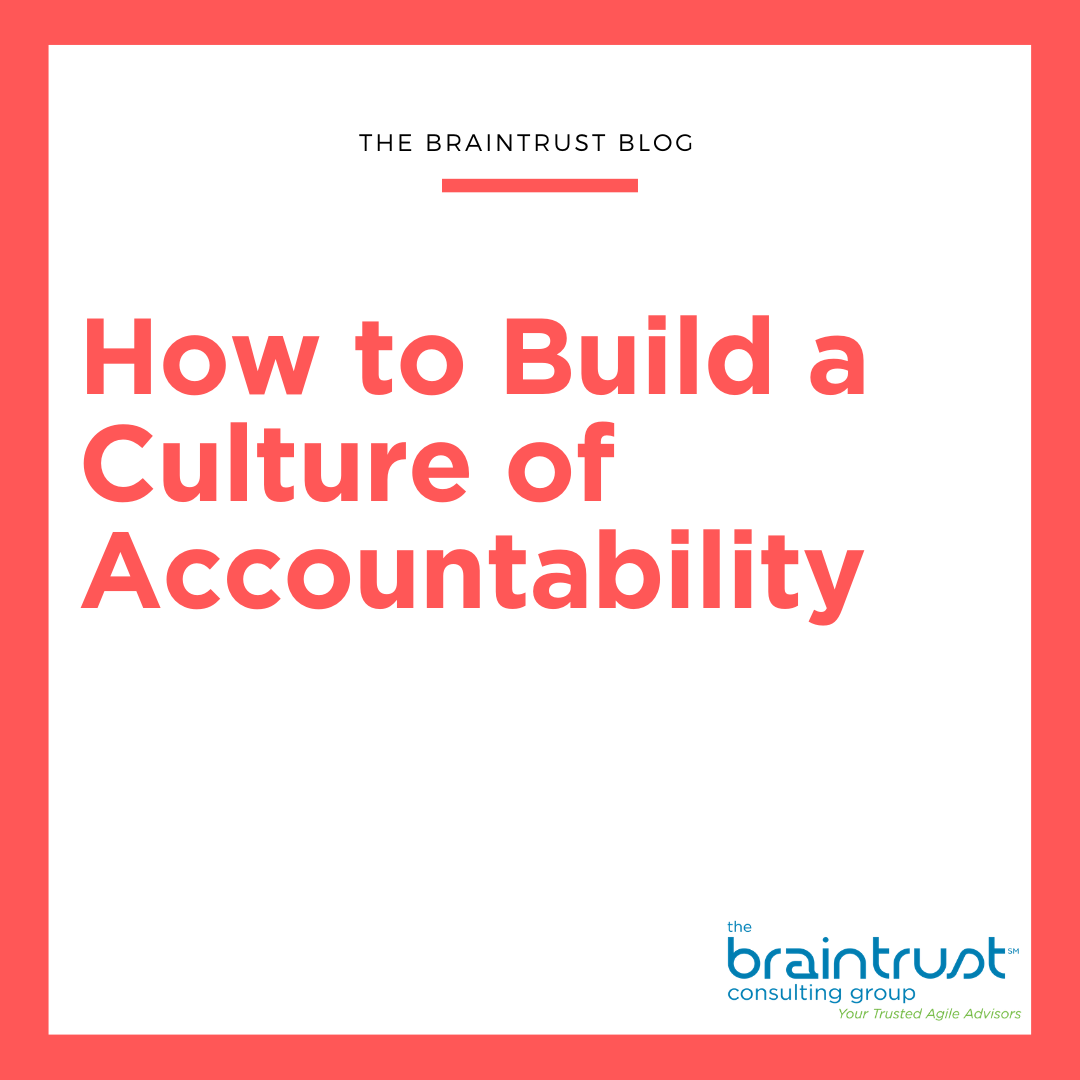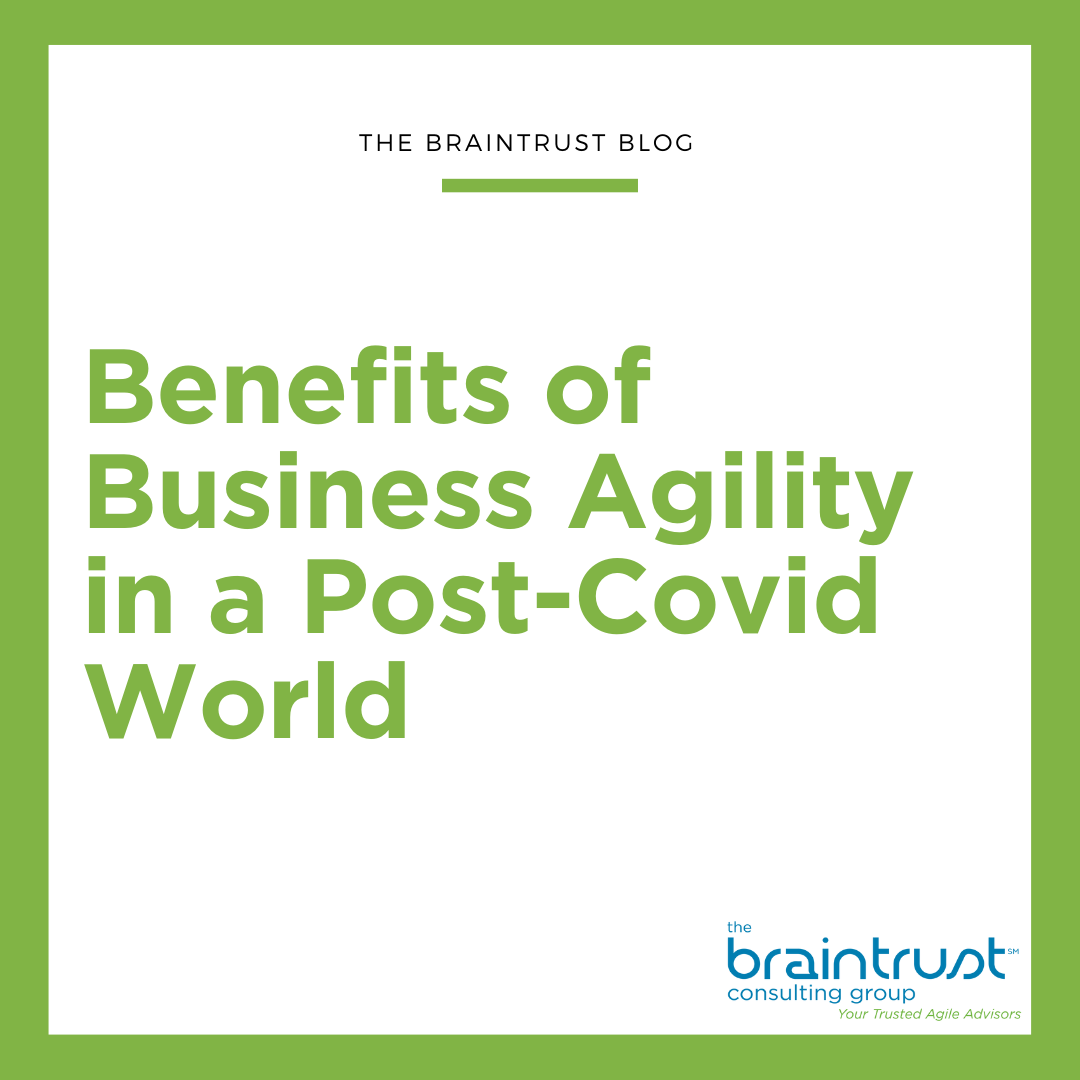“I found new tips and techniques I want to bring back to my Scrum Teams AND Leadership teams.”
Scrum Team
February 23, 2021
Do you have a sense that your team members are chronically dissatisfied and unmotivated, but have no idea why or how to change it? You may look around and see disengaged employees who lack trust and commitment, but what is it about your culture that is stripping away their initiative and personal accountability? Organizations that focus on developing authentic, value-driven, cultures maximize the full impact of Agile. Culture is the difference between doing Agile and BEING Agile.

If you actually believe your mission and live it on a daily basis, it becomes reality to your customers and your Team Members and it becomes much more authentic and meaningful than any placard on a wall. When you build an Agile culture, you encourage purpose, mastery, and autonomy; improve Team morale, motivation, and retention; and embrace continuous improvement and innovation.

Organizational Culture can be best described as the combination of Team behaviors (what people do) and values (why they do what they do). Agile cultures are explicitly designed to cultivate Team Members who are motivated, confident, engaged, empowered, trusting, committed, innovative, internally motivated, and personally accountable.

Doing Agile is not that difficult. BEING Agile, on the other hand, requires a complete organizational shift. After 15 years of training and coaching in Agile organizations, Braintrust Group realized that without intentional, cultural change, you will never maximize the complete benefits of Agile.
By learning to apply the values and principles of Agile to your entire culture, you can free your entire organization, unlock new levels of productivity, and experience true employee happiness.
Ready to get started? Check out the classes below.
More
In Agile cultures, Organizations, Teams, and Leaders create and live a shared value system and live by those values in how they execute tasks, and hire and fire on a daily basis.
More
In Agile cultures, Organizations clearly define and demonstrate the traits that fit and contribute to their overall culture.
More
In Agile cultures, Organizations take the time to record and learn from their heritage, and work together to build traditions and ceremonies that bond team members.
More
In Agile cultures, common language and symbols are defined and aligned or misaligned to Organizational values.
More
In Agile cultures, Leaders move away from trappings such as executive floors, private dining rooms, and reserved parking spots. As Leaders, they flatten the Organizational culture to better align with their Teams.

If the word of the year for 2020 was “pivot” then it seems like…
Read More
According to multiple articles, Organizations that are Agile have been able to pivot much…
Read More
Psychological safety is a topic that is incredibly important but can be a very…
Read More